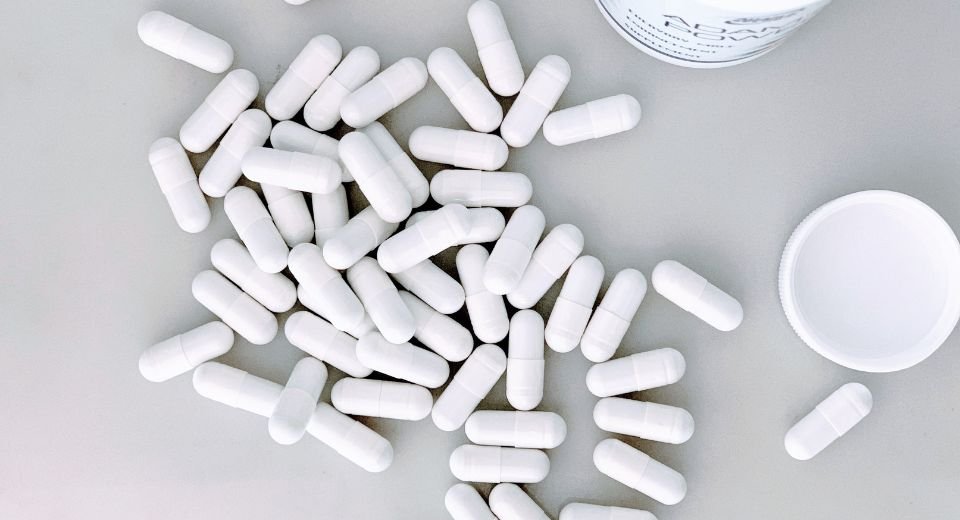August 19, 2023: Researchers have found anomalies in the accuracy of ingredient labels and the presence of FDA-prohibited substances in a variety of popular supplements. The study, conducted by Pieter Cohen, a primary care doctor at Cambridge Health Alliance in Somerville, Massa and a team of experts, has raised serious concerns about the safety and transparency of these products.
The US Food and Drug Administration (FDA) banned the use of ephedra in dietary supplements in 2004, and manufacturers have since then been marketing an array of alternative botanical compounds for enhancing sports performance. These compounds include extracts from Rauwolfia vomitoria with α-yohimbine, methylliberine, halostachine, turkesterone, and octopamine, each promoted for their stimulant or anabolic effects. There is no FDA approval for these ingredients.
Comprehensive analysis
The research team did a comprehensive analysis of dietary supplement labels and their actual contents. The study included 63 products labeled to contain ingredients like Rauwolfia vomitoria, methylliberine, turkesterone, halostachine, or octopamine. However, only 57 products met the inclusion criteria for analysis.
The results showed a staggering 40% of the products did not contain detectable amounts of the ingredients listed on their labels. For those products that did contain the labeled ingredient, the actual quantities varied significantly, ranging from a mere 0.02% to a staggering 334% of the labeled amount. In a troubling trend, a mere 11% of the products accurately reflected the actual quantity of the listed ingredient.
“I just had to shake my head,” says Pieter Cohen, the lead of the research. “It’s incredible that in 40 percent of the products, the manufacturer doesn’t even bother putting any [of the ingredient] in.”
Furthermore, the study revealed that 12% of the products were found to contain at least one FDA-prohibited ingredient. These included synthetic compounds such as 1,4-dimethylamylamine, deterenol, octodrine, oxilofrine, and omberacetam. These prohibited substances were discovered in various products, with one even containing a combination of four different prohibited ingredients.
Lack of accurate labeling
Previous research too has indicated discrepancies even before the ephedra ban, but this new investigation highlights the ongoing challenges the industry faces in terms of accurately labeling and formulating supplements. Consumers who rely on these products for perceived benefits may unknowingly expose themselves to unapproved and potentially harmful substances.
However, the study has certain limitations, such as the small sample size and the focus on a specific set of ingredients. Nonetheless, the results propagate the need for more regulations and transparency within the dietary supplement industry.Until stronger regulations are put in place, consumers are advised to seek professional guidance, conduct thorough research, and remain vigilant about the contents of the supplements they consume.








